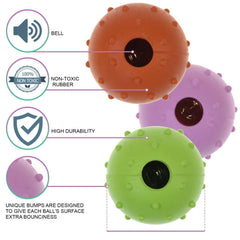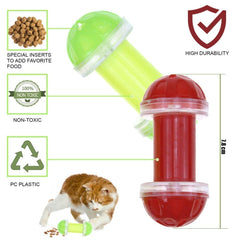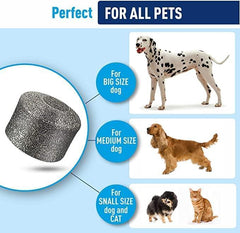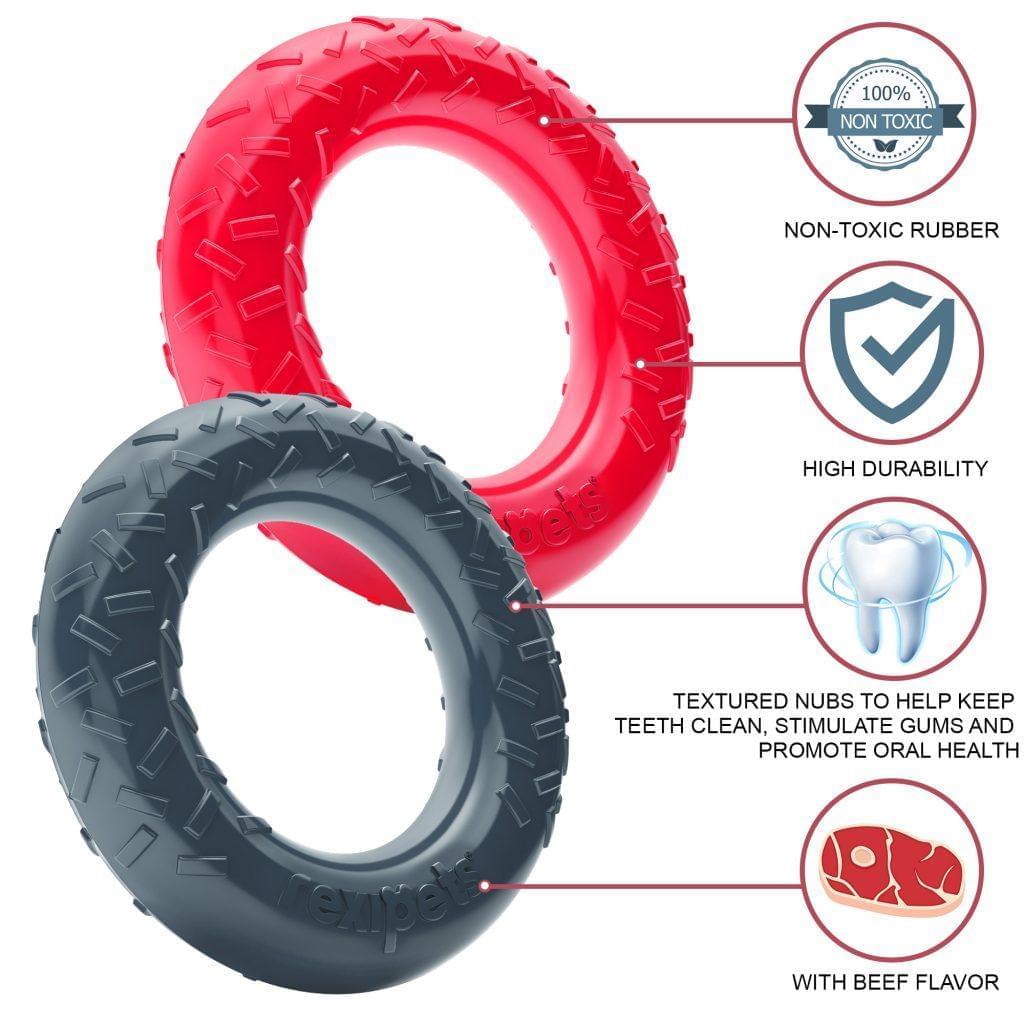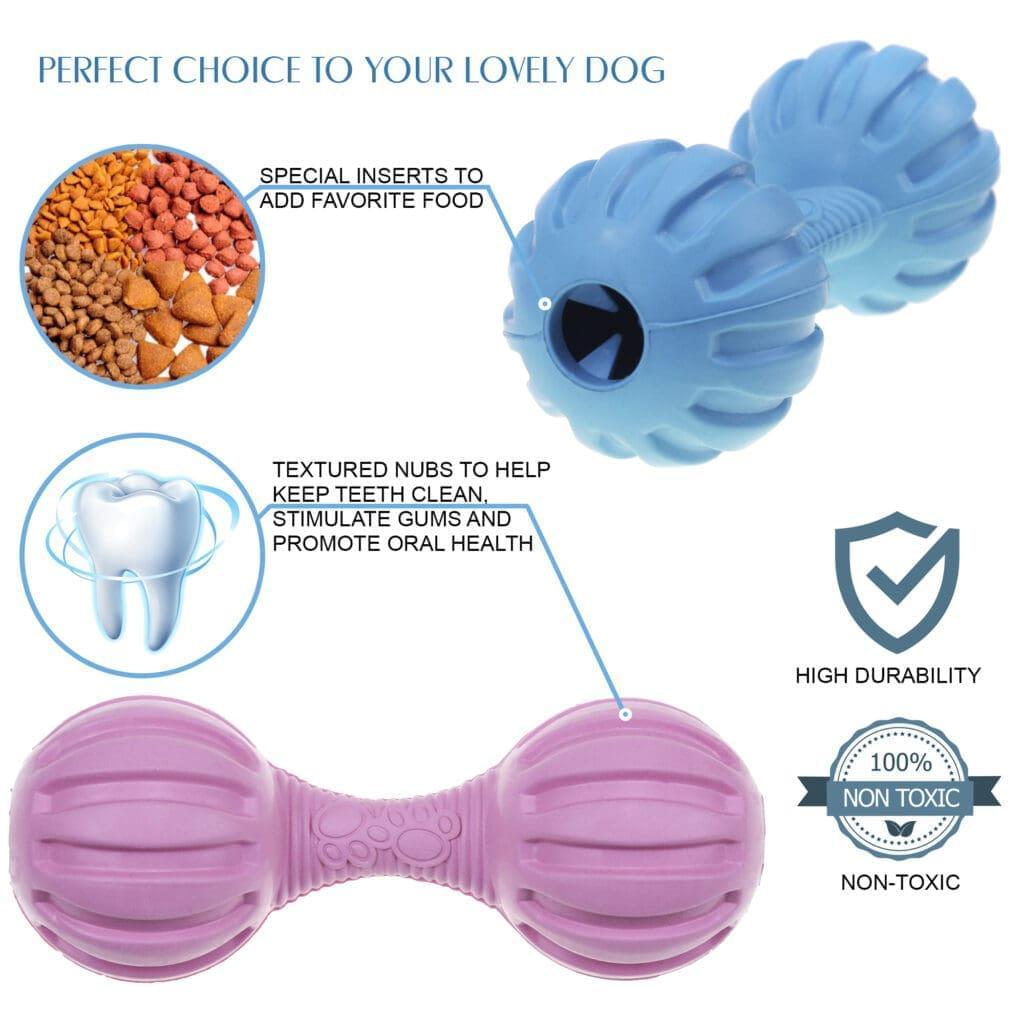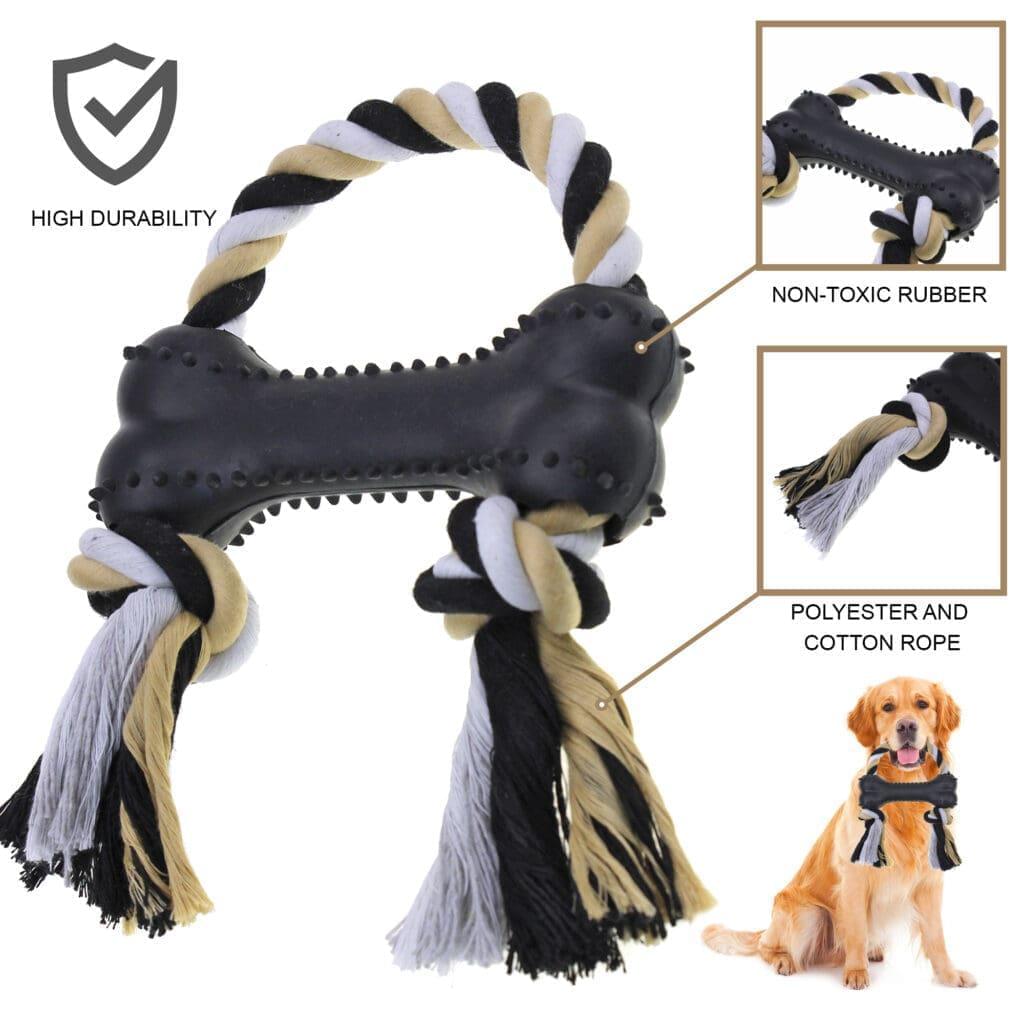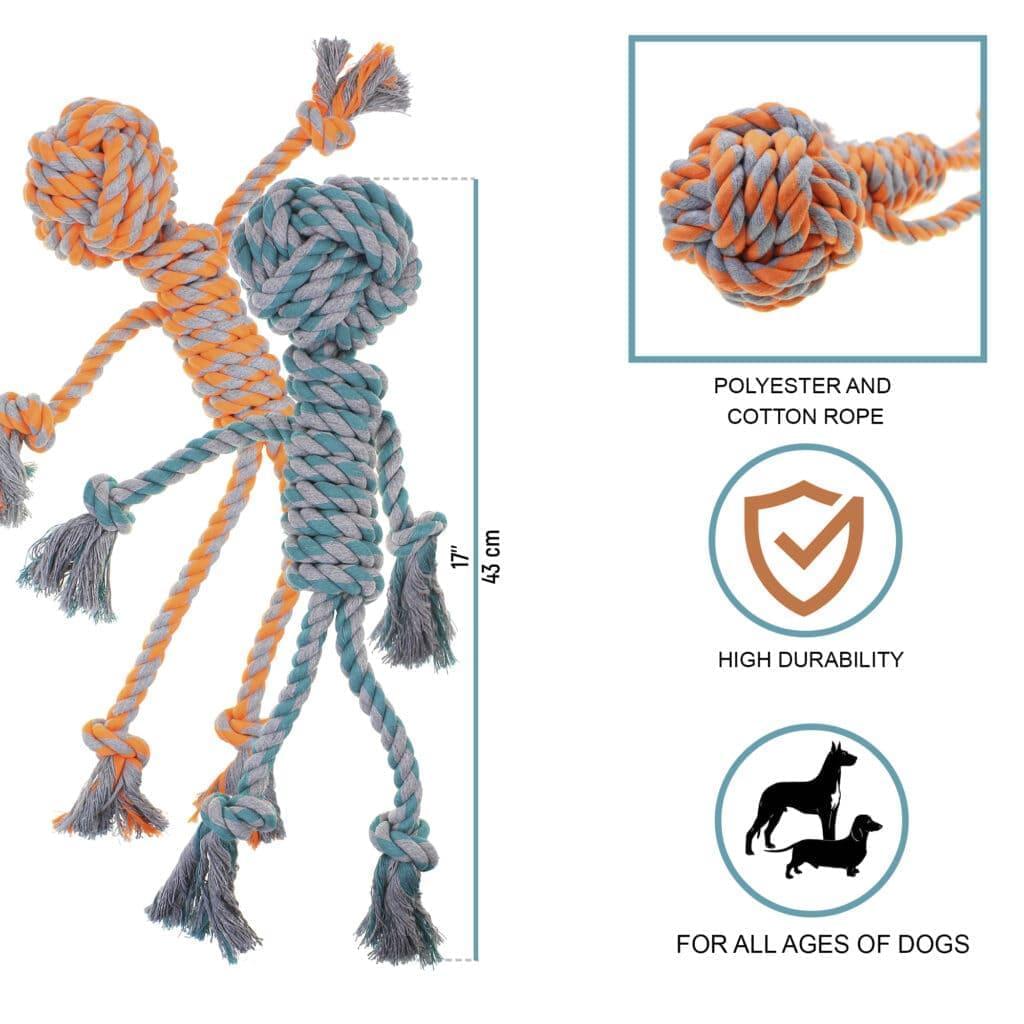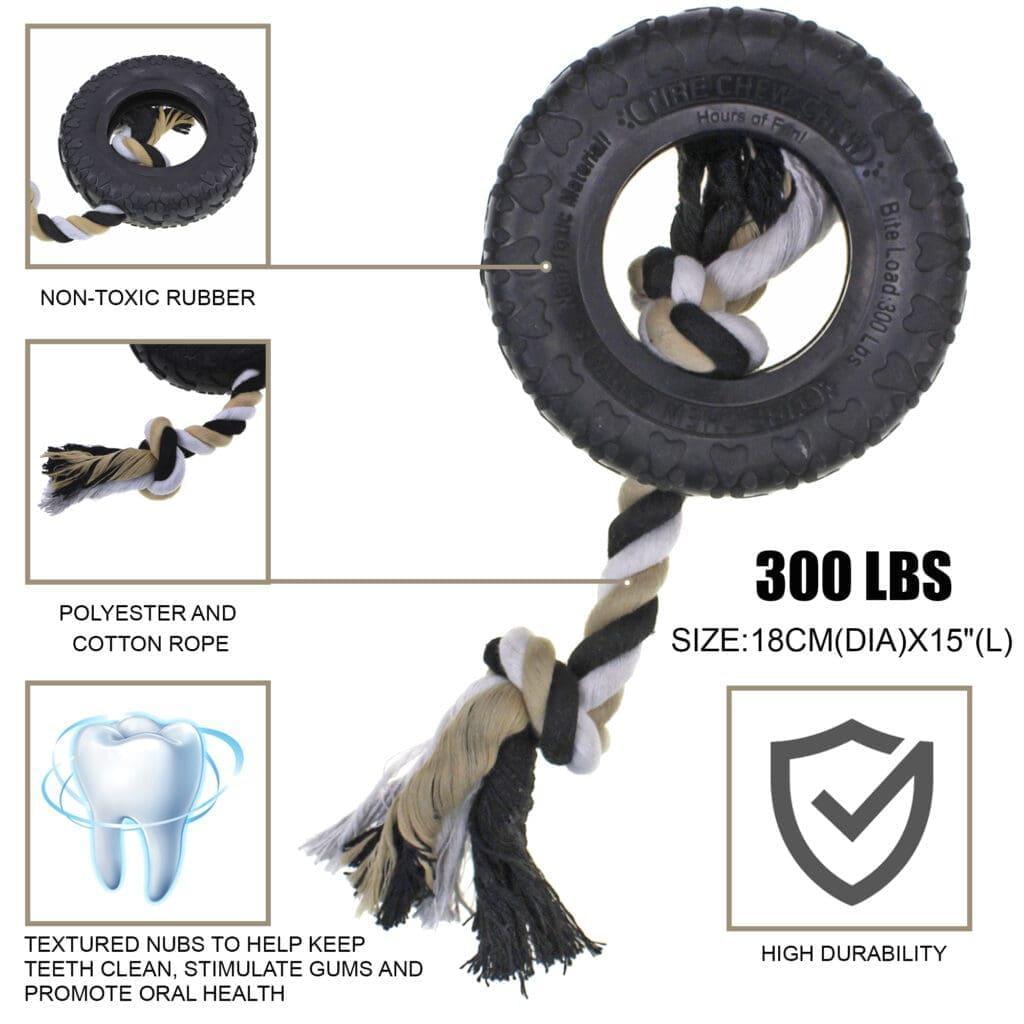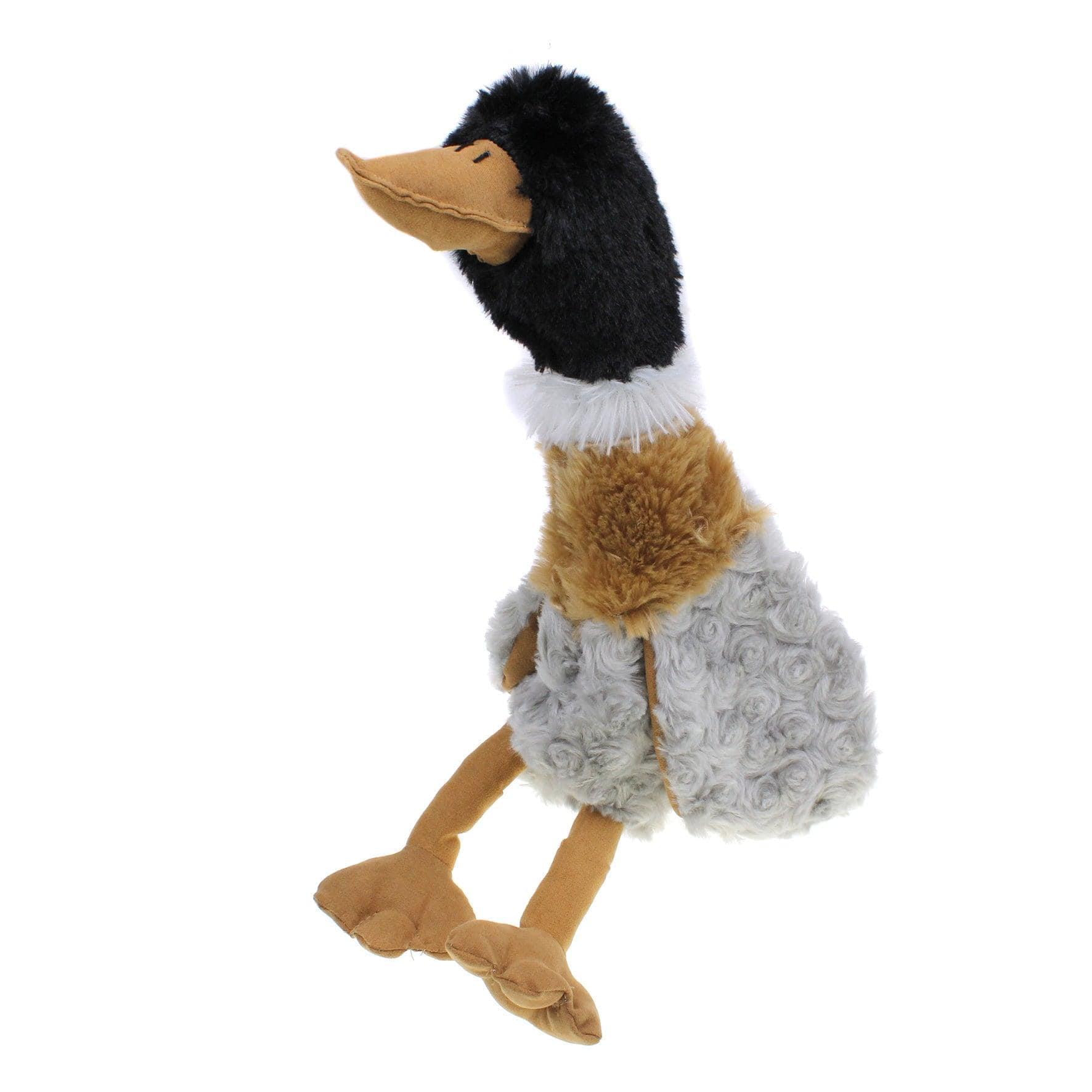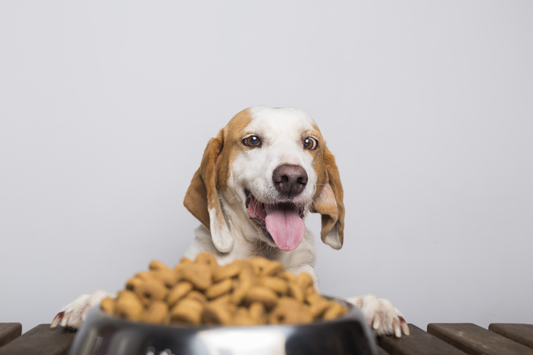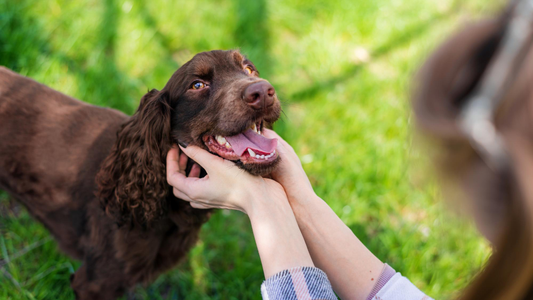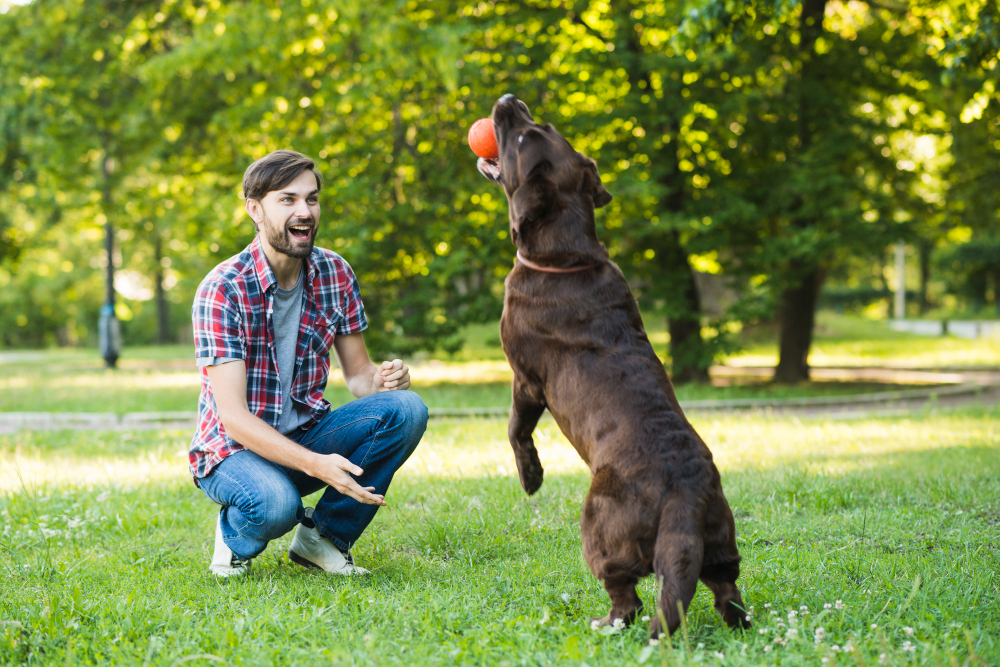
Welcome, fellow dog lovers!
Is your dog breathing heavily? Are you going crazy while finding the reason behind it?
Well, look no further.
Join us as we set out on a journey to discover why your dog may be breathing heavily!
So, have you ever found your dog breathing fast, resembling the huffing and puffing of a marathon runner crossing the finish line? Is it something that makes you concerned about the health and well-being of your dog?
Well, most dog owners face this issue, so you are not alone.
Many dog owners complain that their dog's breathing is hefty and loud. So in this blog article, we will unravel the mysteries behind the panting sessions that make our furry friends look like they're preparing for a fitness challenge.
So, fasten your seatbelt. This is an informative journey to sniff out the causes of heavy breathing.
Let's dive in and uncover why your dog might be huffing and puffing and what you can do to help.
Types of Heavy Breathing in Dogs
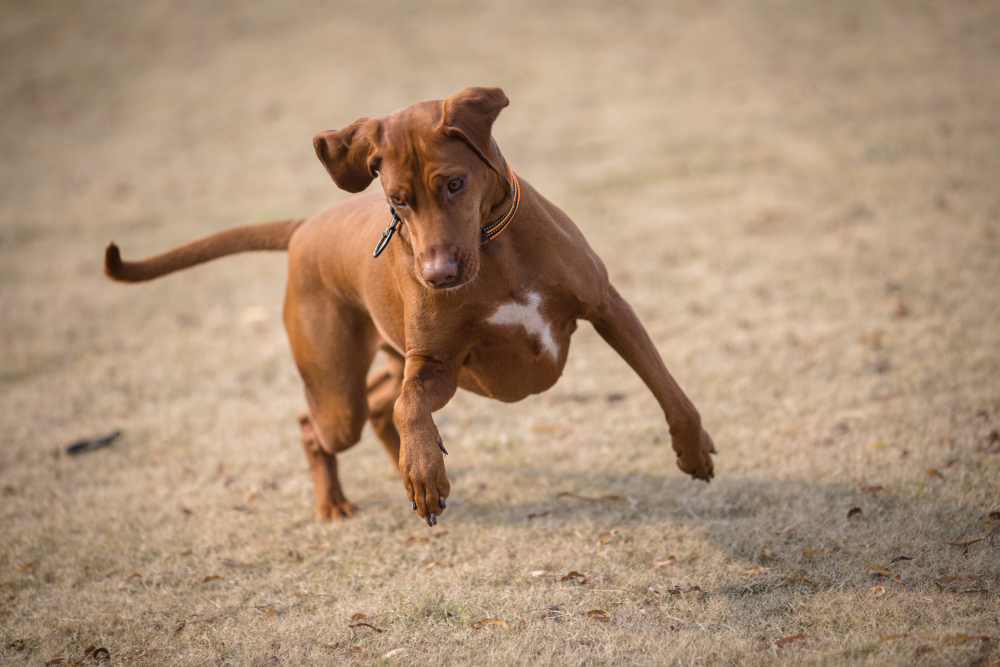
Breathing problems in dogs mainly include three main types: labored breathing, rapid breathing, and panting.
There can be several factors causing this, such as illnesses, diseases, or blockages due to foreign objects.
In more severe cases, viral respiratory diseases may contribute to respiratory difficulties. Now, let's delve into each type of heavy breathing in dogs in more detail.
-
Labored breathing
Labored breathing, also known as dyspnea, occurs when dogs exert a lot of effort to breathe in and out. This condition can be attributed to various diseases, including nasal, lung, or throat issues.
Additionally, labored breathing can result from injuries, trauma, or obstructions caused by foreign objects such as dog toys.
Symptoms indicating labored breathing in dogs include:
- Flaring nostrils
- Audible breathing sounds
- Breathing through an open mouth
- Visible difficulty in the belly or chest movements
- Breathing with elbows positioned away from the body
- Adopting a head position lower than the rest of the body
-
Fast breathing
Fast breathing in dogs, known as tachypnea, is a rapid breathing rate that differs from normal panting.
Several factors can cause this condition, including blood clots, labored breathing, low red blood cell count, and low blood oxygen levels.
You should understand the difference between fast breathing and panting, which lies in the way the dog breathes.
During rapid breathing, a dog's mouth is either partially closed or stays closed most of the time, unlike panting, where the mouth is open wide.
Furthermore, fast breathing may be accompanied by shallow breaths, so you should know the underlying cause behind it. It can be an indication of respiratory distress or an indication of an underlying medical condition that requires veterinary attention.
Hence, if you observe your dog exhibiting rapid and shallow breathing patterns, seeking professional advice from a vet to determine the underlying cause and appropriate treatment is recommended.
-
Panting
Panting is a normal behavior in dogs. But in some cases, it can be worrisome, particularly if it is accompanied by certain conditions.
These conditions include pain, fever, obesity, rapid breathing, and labored breathing. Also, high blood pressure and excessive thyroid hormone production in dogs can lead to excessive panting.
Suppose you observe your dog panting unusually with shallow breaths and their mouth open wider than normal. In that case, seek veterinary attention immediately.
Simultaneously, if your dog is panting to cool down, you may notice its tongue hanging out slightly. If the panting is brief and not paired with any other concerning symptoms, there is likely no need for immediate concern.
You may also like: 11 Simple Tips How to Cool Down a Dog
What Is "Normal" Breathing For A Dog?
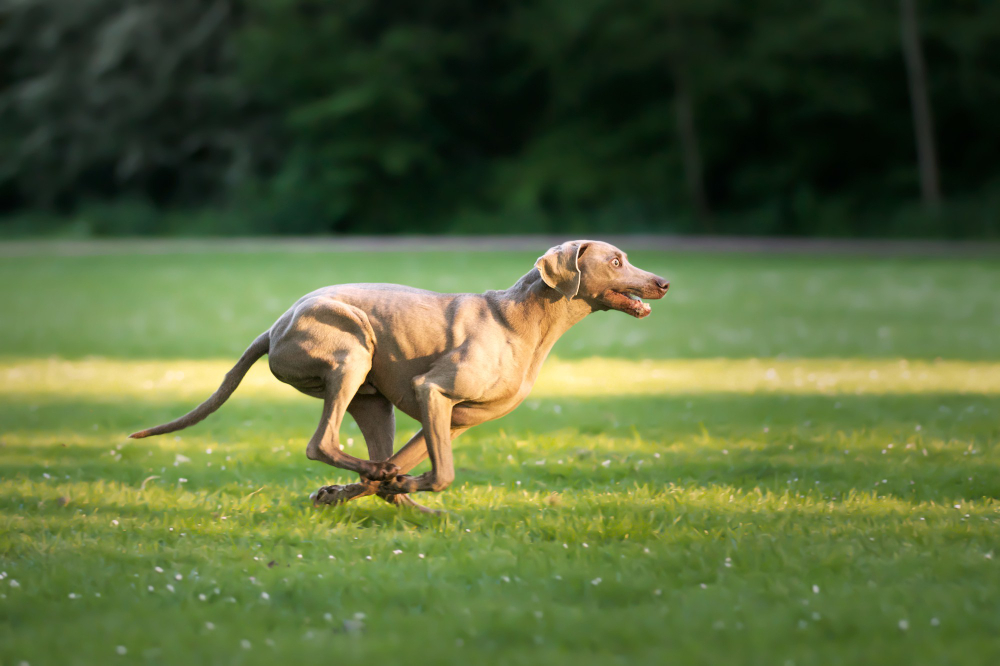
If you are a new dog owner, asking what is, normal breathing is not an invalid question.
Comprehending normal breathing is essential to assess if your dog is breathing unusually fast. You can observe your dog's respiratory rate while they are at resting or sleeping.
A respiratory rate below 30 breaths per minute is considered normal, while anything exceeding 35 breaths per minute should be regarded as alarming, and immediate help should be sought.
Heavy breathing in dogs can be because of exercise or excitement. Your furry friend may pant in stress, fear, or hot weather. Panting is the most essential way a dog thermoregulates. But be cautious; rapid or heavy breathing can be an early sign of heat stroke and should be monitored closely.
Reasons For Heavy Breathing In Dogs
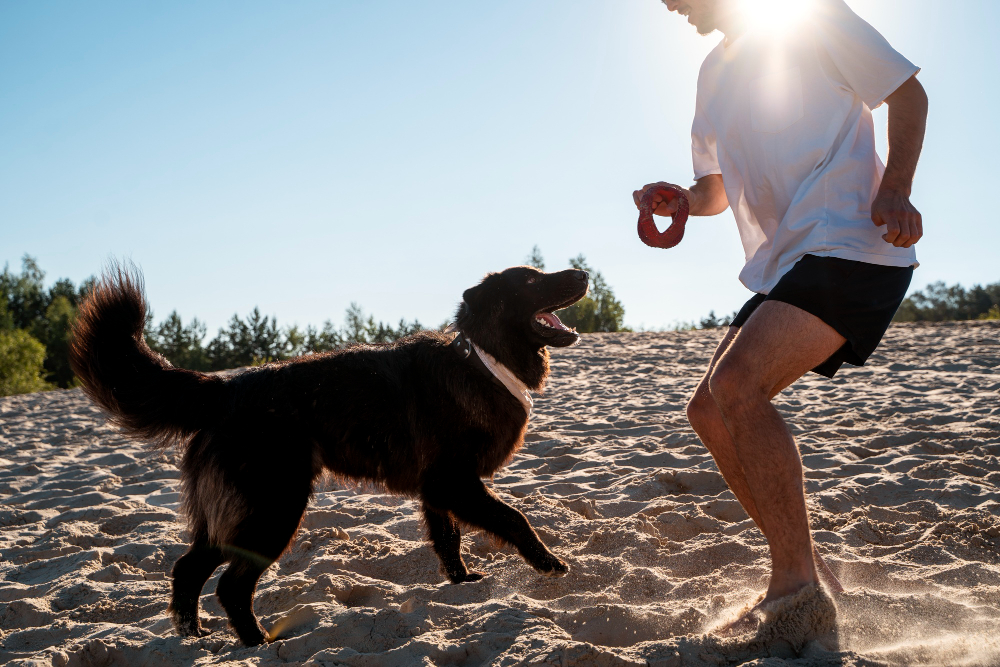
There are multiple reasons why your furry friend may be breathing heavily. Let's look into some common reasons why your dog may be breathing heavily.
-
Heat stroke
Dogs regulate their body temperature by panting, which helps evaporate moisture from their tongues and respiratory tract, cooling them down. A dog suffering from heat stroke will pant more heavily and rapidly to try to cool itself. The panting may become exaggerated and forceful.
Heavy breathing, excessive panting, drooling, and lethargy
,can be signs of overheating and require immediate attention. -
Respiratory issues
Heavy breathing in dogs can indicate various respiratory conditions requiring veterinary attention. A few respiratory conditions that may be causing your dog to breathe heavily include:
- Pneumonia is an infection of the lungs. It is caused by viruses, bacteria, or in some cases, even fungi. Dogs with pneumonia may experience heavy breathing, coughing (sometimes with phlegm or blood), fever, lack of appetite, and lethargy.
- Asthma is another respiratory condition that includes airway inflammation, making breathing difficult for a dog. It can be triggered by exercise, allergens, or stress. Dogs with asthma may exhibit heavy, labored breathing, wheezing, and coughing, and they may appear restless or anxious.
- Like humans are allergic to certain things, dogs can similarly be allergic to various substances, such as pollen, dust mites, mold, or certain foods. Allergic reactions can cause respiratory distress, including heavy breathing, coughing, sneezing, and nasal congestion.
- An obstructed airway can lead to heavy, labored breathing, coughing, and choking. It can occur if a dog swallows an object.
It's crucial to consult a veterinarian if heavy breathing persists even when your dog is resting. It is also advised to take action if the heavy breathing is accompanied by coughing, wheezing, or difficulty breathing.
The veterinarian will most likely conduct a thorough physical examination. This will help them find the underlying cause of the symptoms.
Early detection and treatment of respiratory conditions in dogs are vital to prevent further complications and improve their overall quality of life.
-
Bronchitis
Bronchitis is inflammation of the bronchial tube, which carries air to and from the lungs. It can be caused by multiple infections, allergies, or irritants. Dogs with chronic bronchitis may exhibit heavy breathing, coughing, and wheezing and produce phlegm or mucus.
-
Heart disease
Heart disease and other cardiac issues can cause heavy breathing in dogs. When the heart cannot pump blood effectively, inadequate oxygenation of the body's tissues, including the lungs, can occur.
This can result in your dog breathing more heavily as a panic response to compensate for the decreased oxygen supply.
In addition to heavy breathing, dogs with heart disease may exhibit signs such as coughing, reduced exercise tolerance, lethargy, loss of appetite, weight loss, and a swollen abdomen.
Suppose you notice heavy breathing or any other signs of cardiac issues in your dog. In that case, it's essential to seek veterinary attention so that they can address any underlying issues.
-
Pain
Dogs may also breathe fast and heavily in response to pain or injury. Pain and discomfort can trigger a stress response in dogs, leading to increased breathing and panting.
Dogs may pant heavily if they have experienced trauma or injuries, such as fractures, sprains, or wounds. Pain resulting from physical trauma can cause the dog to exhibit rapid and heavy breathing as a natural response.
Dogs may also pant heavily if they have internal issues or conditions causing them significant discomfort.
Conditions like gastrointestinal problems, urinary tract issues, or internal organ abnormalities can lead to pain and discomfort, which may be reflected in heavy breathing.
In some cases, dogs recovering from surgical procedures may pant heavily due to postoperative pain and discomfort. Pain medications or the healing process can cause temporary changes in their breathing patterns.
Dogs with dental problems, arthritis, or muscular or joint issues may also exhibit heavy breathing in some cases.
It's important to note that heavy panting alone may not always indicate that the issue is pain or injury. You should look for other signs, such as limping, reluctance to move, sensitivity to touch, changes in appetite, or other behavioral changes.
Suppose you suspect your dog is panting heavily due to pain or injury caused by the above reasons. In that case, it's essential to consult with a vet ASAP to find the underlying cause.
-
Stress
Dogs are sensitive animals and can exhibit abnormal breathing in response to stress, fear, or anxiety. Basically, panting is a common behavior that dogs engage in to cope with both emotional and physical discomfort.
They can experience stress or fear in various situations. It could be due to loud noises, unfamiliar environments, separation anxiety, new people or animals, or other triggers.
When dogs encounter stressful situations that make them fearful, they may pant heavily to release tension and try to self-soothe. Panting helps them regulate their breathing and can have a calming effect on their nervous system.
Dogs may also pant heavily when they are overwhelmed. This can occur in situations with high excitement levels, such as during playtime or social interactions with other people or dogs. Panting in these situations is a way for dogs to release excess energy.
It's important to note that panting can be a normal response to stress, fear, or anxiety. But excessive or persistent panting may indicate more severe anxiety or an underlying medical condition, such as congestive heart failure or pulmonary edema, that you should get checked by a vet immediately.
Managing stress and anxiety in dogs involves:
- Providing a safe and calm environment.
- Using positive reinforcement training methods.
- Desensitization techniques.
- Sometimes behavioral modification medications are prescribed by a professional.
Remember, as with people, a supportive and understanding approach and proper training or management techniques can help alleviate stress and anxiety in dogs too. It is essential so that you can improve their overall well-being.
It is vital to note that every dog is unique. So working with a professional can help develop a tailored approach to address your dog's specific needs.
How to Help a Dog That's Breathing Heavily?
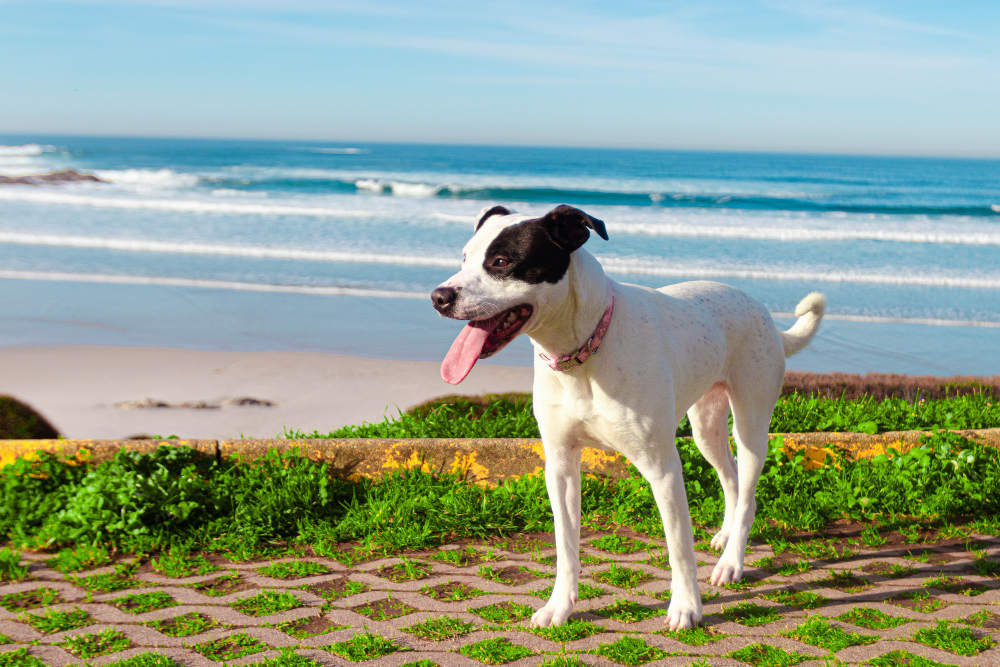
If you see that your dog is breathing heavily, there are several steps you can take to help them. Here's a guide on how to assist a dog that's breathing heavily:
-
Assess the situation
Observe your puppy's breathing and overall condition and behavior. Determine if any immediate factors are causing the heavy breathing, such as heat, physical exertion, or a stressful environment. This will further help you identify your course of action.
-
Provide a calm environment
Ensure your dog has access to a quiet, cool area with proper ventilation. Reduce any sources of stress or anxiety, such as loud noises or crowded spaces. Creating a calm environment can help your furry friend relax and regulate their breathing.
It is essential to not panic in this situation, as your dog may sense it and become even more anxious than it already is.
-
Contact a veterinarian
If your dog's heavy breathing persists, worsens, or is accompanied by concerning symptoms, it's essential to contact a veterinarian. They can provide professional guidance, assess your dog's condition, and determine if further medical intervention is necessary.
While going to the vet is the best bet when dealing with a dog that is breathing heavily, you can do a few things immediately at home to deal with this issue.
These include:
-
Reduce exercise: Exercise intolerance comes with old age. Decreasing the amount of activity or exercising at a slower pace can help alleviate the strain on your dog's respiratory system. It's important to adapt their exercise routine to match your dog's capabilities and provide them with adequate rest breaks between fitness sessions.
By doing so, you can ensure their comfort and minimize any breathing difficulties that may arise from exertion or excitement.
-
CBD: There is not much evidence on the use of CBD, commonly known as cannabidiol, for treating dog breathing problems. But a 2013 study suggested that CBD might have positive effects in treating obstructive airway disorders.
However, note that CBD can't be used as a substitute for your dog's current medications unless approved by your veterinarian. Consult your vet before considering CBD as a potential treatment option.
-
Sterile nasal drops: Sterile nasal drops can treat a dry or congested nose in dogs. Applying two drops in each nostril can help moisturize and soothe the nasal passages.
They are safe for dogs. This can be obtained from a veterinarian or pet supply store. However, when using the drops, it is essential to follow the instructions provided.
Gently restrain the dog, hold the bottle upright, and administer the drops without inserting the dropper too deeply. Afterwards, allow the dog to rest. Sneezing or sniffing may occur as a normal response to the drops.
However, suppose the nasal dryness or congestion persists or worsens, or other symptoms like difficulty breathing or nasal discharge arise. Then, consult a veterinarian for appropriate treatment.
- Oxygen therapy: Suppose your dog has frequent episodes of heavy breathing. In that case, you must acquire an oxygen mask and tank specifically designed for dogs. Although home oxygen therapy for dogs is not a common practice, your veterinarian might suggest it to you if your dog is severely ill or has trouble breathing and needs more oxygen in its lungs.
-
Reduce exercise: Exercise intolerance comes with old age. Decreasing the amount of activity or exercising at a slower pace can help alleviate the strain on your dog's respiratory system. It's important to adapt their exercise routine to match your dog's capabilities and provide them with adequate rest breaks between fitness sessions.
Final Words!
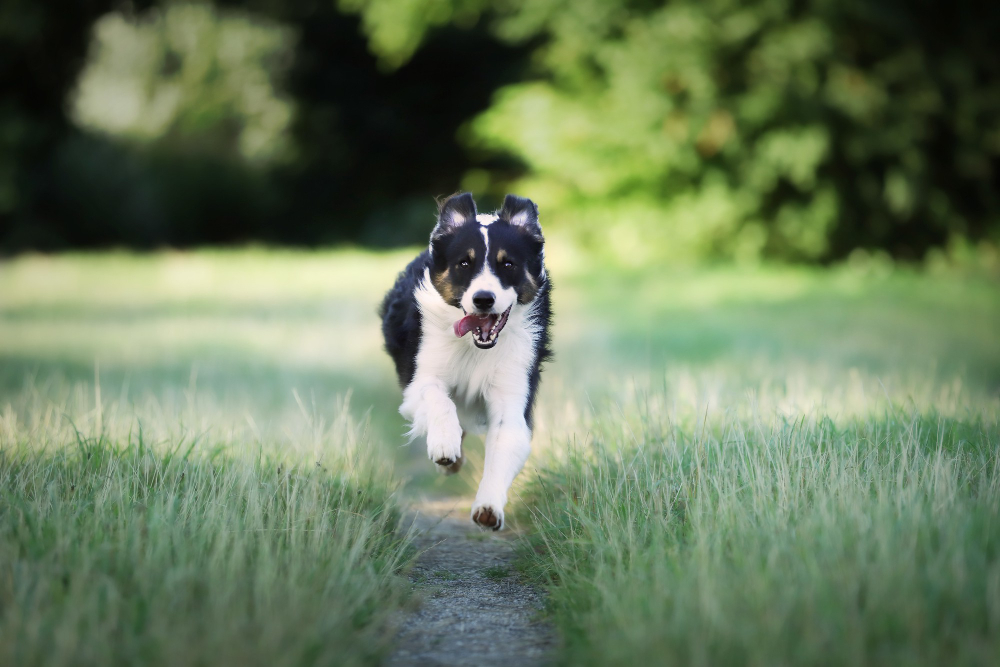
Remember, heavy breathing can indicate various underlying issues, ranging from heatstroke to respiratory problems or heart conditions. Monitoring your dog closely, prioritizing their safety and comfort, and seeking veterinary assistance when needed is essential.
